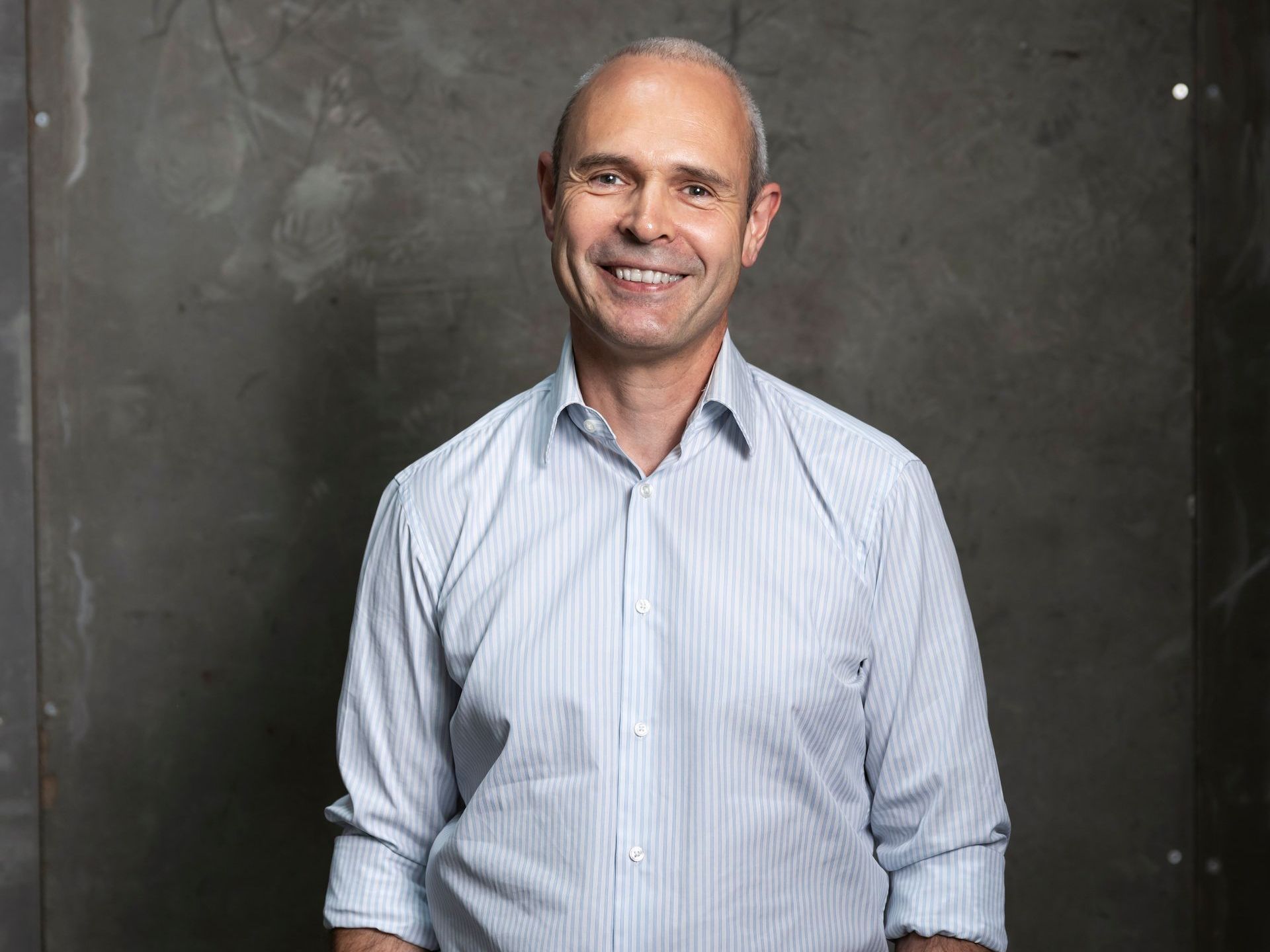Can artificial intelligence improve fairness in healthcare? A groundbreaking development from Stein am Rhein aims to make this possible.
Lara M. suffers from severe depression. After long treatment, her insurance demands a medical assessment. Expert A declares Lara M. unfit for work, entitling her to a full disability pension. The insurance involves a second expert, who declares Lara M. fit for work. As a result, the disability pension payments are discontinued. Unfortunately, this is not an isolated case, but a common problem in today's insurance medicine.
Salomo AG from Stein am Rhein, a spin-off of the University Hospital Zurich, is developing an innovative solution. With the help of AI-powered software, the team led by PD Dr. Christoph Müller-Pfeiffer aims to automatically document, analyze, and process all patient statements and behaviors exhibited during the examination. "Especially in psychiatric diagnoses, assessing work capacity is challenging. There are hardly any objective examination methods," explains the psychiatrist and CEO.
The idea behind this new method is not for the AI to make diagnoses or decide on work capacity. "The assessment of a doctor is always necessary," emphasizes Christoph Müller-Pfeiffer. "However, when two experts often arrive at opposing conclusions, we need more reliability in the data foundation."
"The idea is not for artificial intelligence to make diagnoses in the future."
So, how does this new gold standard for assessments work? Lara M. agrees to be reassessed – this time using the technology of Salomo AG. She consents to her conversation with the expert being recorded. All important information from her medical history has already been summarized using text recognition.
A few minutes after the conversation, the data from the voice and video recordings are also available in written form – sorted by topics and aligned with the common diagnostic criteria. Now, the expert can focus on their assessment. The software also provides support here, such as with a preliminary report draft. Like in a cockpit, the expert is guided through all relevant questions and can reliably assess Lara M.'s situation.
"Our intelligent assessments offer a benefit to everyone."
Whether AI-assisted assessments will more frequently decide in favor of patients needs to be investigated scientifically. However, for Christoph Müller-Pfeiffer, it's not about pointing fingers at others. His focus is on reliability, fairness, and ethics. "Intelligent assessments, like the ones we aim for, offer a benefit to everyone: Experts receive a high-quality data foundation for informed decisions. Insured individuals can be confident that their entire situation is taken into account in the evaluation. And insurance companies save costs that arise from legal disputes and second opinions."
Now, Christoph Müller-Pfeiffer is seeking additional financial support to finalize, test, and certify the technology. He has already received support from the canton of Schaffhausen through individual business funding. The doctor now hopes to soon give something back to the region.
"The fate of a patient should not depend on the assessment of a single person. Instead of speculating, we ensure a comprehensive and transparent presentation of all relevant facts. Patients, experts, and insurance companies deserve a fair and objective process. This is what I stand for, driven by ethical conviction."
PD Dr. med Christoph Müller-Pfeiffer, CEO Salomo Thinking Systems







